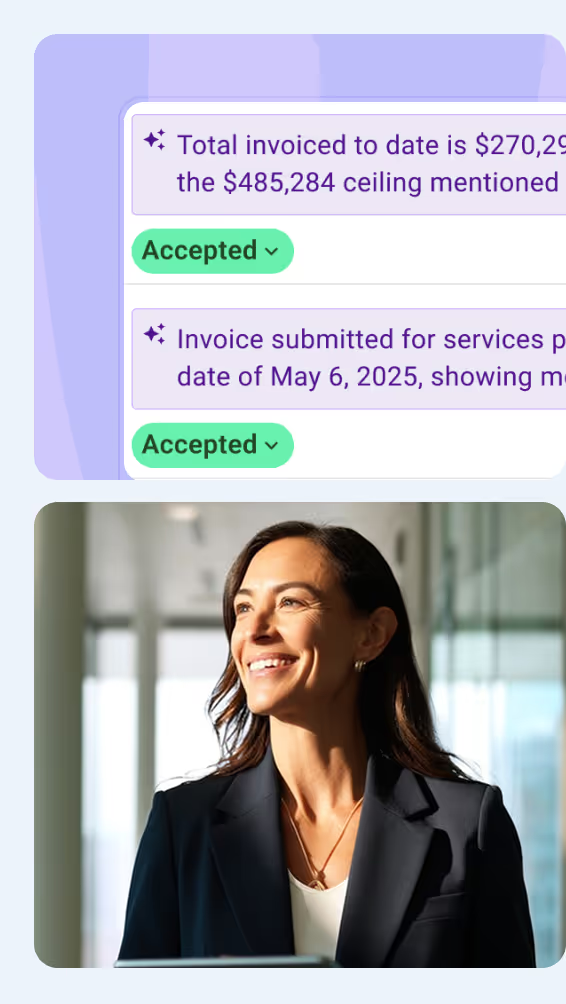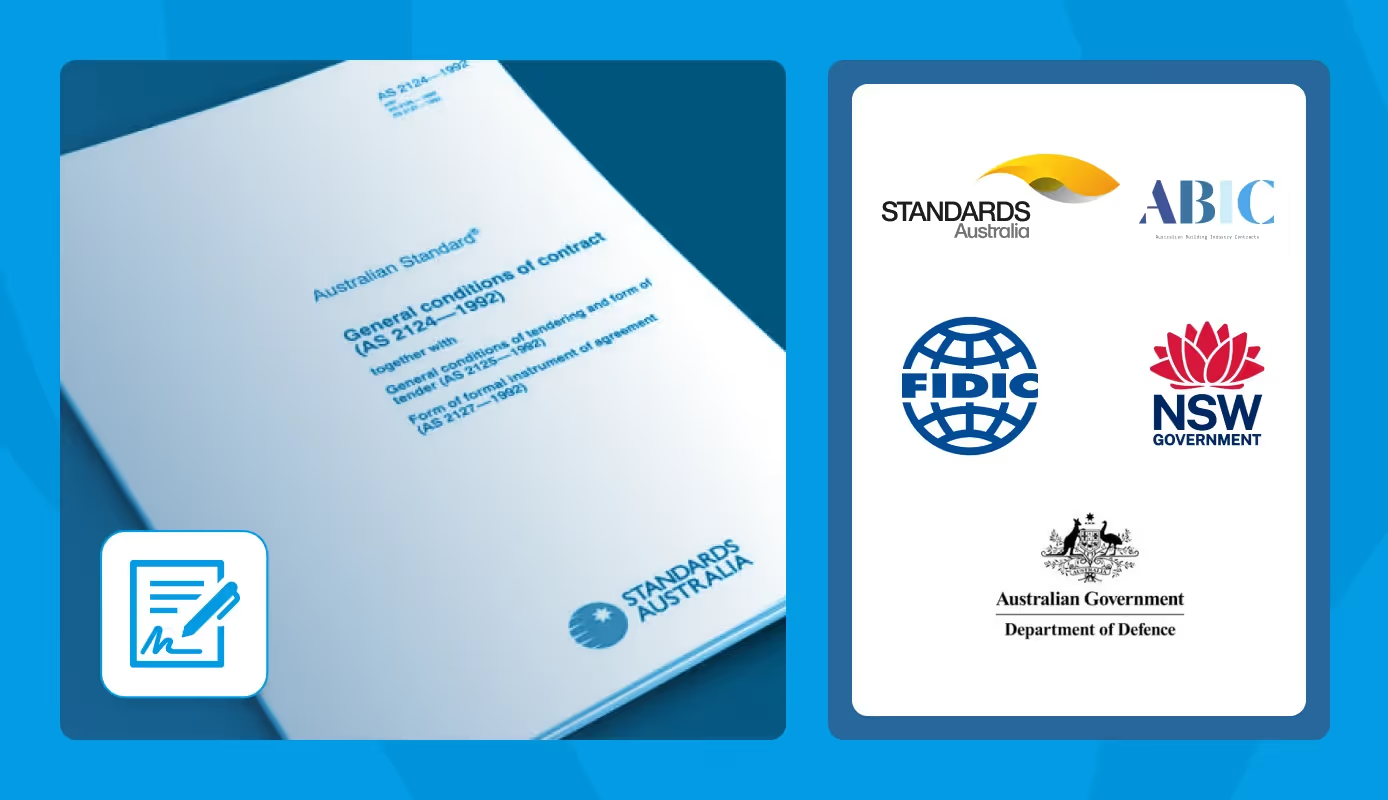An RDO in Australia means a rostered day off that forms part of a worker’s employment conditions. In construction, it’s widely used to give employees regular breaks without reducing overall hours.
These scheduled days off come from extra hours worked during the roster cycle. For project owners and managers, RDOs directly affect workforce planning, site productivity, and compliance.
What is RDO in Project Management?
Rostered Day Off, or RDO, is a scheduled day when an employee is not required to work (yay). RDOs provide a structured way to compensate employees with time off, especially in construction and capital projects, where the demands often include extended working hours and tight deadlines.
This system is a beneficial and strategic tool in contract administration in Australia, helping prevent burnout and maintain high productivity levels among teams. RDOs are particularly crucial in managing the intense workflow associated with large-scale projects in Australia where there is a limited labour force compared to large nations (Australia only has 27 million people as of 2025!).
For insights into Australia’s RDO framework, contrast it with how RDO in the US addresses overtime policies and state-level regulations to see how differing labor systems balance rights and economic needs.
Do RDOs Get Paid Out on Termination in Australia?
Yes. In Australia, unused Rostered Days Off (RDOs) are usually paid out to employees at termination. They are treated as part of an Employment Termination Payment (ETP). This means they appear in the final paycheck and can have specific tax implications.
Here's how RDO payouts work:
- Award or Agreement Rules: Some awards or enterprise agreements may define how RDO payouts occur. It is advisable to review these documents or speak with a workplace representative for accurate details.
- Tax Considerations: The payout might push an individual into a higher tax bracket for that financial year. Professional advice could clarify possible impacts.
- Employer Practices: Most employers follow the terms stated in the relevant agreement or company policy. Check with Human Resources if there are any unique internal procedures or cut-off dates.
- Document Everything: Keeping clear records of accrued RDO hours ensures correct payment and prevents disputes at termination.
Confirming these rules before resigning or ending employment helps avoid any confusion. It ensures that all owed entitlements, including unused RDOs, get paid accurately.
Do You Accumulate RDOs When on Annual Leave in Australia?
No, an RDO is a specific paid day off that arises from working extra hours on regular shifts. It is not the same as personal leave or annual leave. Whether employees continue to accumulate RDOs while on annual leave in Australia depends on the applicable award, enterprise agreement, or contract. Some agreements count annual leave as ordinary time, which allows RDO accrual. Others require actual hours worked on-site to earn RDOs.
Key Points to Consider:
- Check the award or agreement: It should clarify if annual leave hours contribute to RDO accrual.
- Accrued hours vs. actual work: Some workplace policies only allow RDOs for extra hours actually worked.
- Consult HR or union representatives: They can confirm if annual leave counts toward RDO balances.
Understanding these terms prevents confusion and ensures proper tracking of RDO entitlements. Clear records help employees know if their RDO leave continues to build during annual leave, while employers stay compliant with workplace agreements.

Benefits of RDO in Australian Construction Capital Works Projects
Effective RDO management can be particularly beneficial especially for capital projects, which involve substantial investment and often have significant implications for client satisfaction.
They ensure that the most skilled workers are available and perform at their best, directly influencing project timelines and quality. Discussing RDO benefits in this context highlights how they contribute to a more productive and harmonious workplace.
Effective RDO Management Techniques
Implementing effective RDO management requires careful planning and communication. Strategies include negotiating RDO schedules at the start of the project, using project management software to track the accrual and use of RDOs, and ensuring that all team members understand the system.
Effective management also involves balancing RDOs with project milestones and deliverables to ensure that critical work is not disrupted. Applying RDO management practices effectively allows projects to run more smoothly and teams to work more cohesively.

Where to Find RDO Regulations Information in Australia
1. Fair Work Ombudsman (FWO)
The FWO doesn't create industry-specific RDO policies. Instead, they enforce the Fair Work Act and National Employment Standards (NES), providing Australian workers baseline rights.
The NES might indirectly influence RDOs through provisions around maximum weekly hours, overtime, and rest breaks. For example, if an employee's work pattern needs regular overtime, an RDO system could be a way to compensate for those extra hours.
You can find more info and resources on FWO's website to help understand the NES and how it intersects with issues like RDOs.
2. Australian Institute of Project Management (AIPM)
The AIPM doesn't directly mandate RDO policies. They provide resources and frameworks and promote best practices for project management professionals.
They might address RDOs in their guidelines on workforce management, fatigue management, or creating sustainable work environments within the project management context.
Check the AIPM website for publications, research, or articles on RDO-related topics.
3. Consult Australia
Consult Australia represents firms providing consulting services, many of which may be involved in capital and construction projects. They are not a regulatory body but advocate for their member companies.
They might provide guidance or industry benchmarks to their members regarding RDOs, especially attracting and retaining talent in the consulting space.
4. Modern Awards
Modern awards are the primary place to find specific RDO rules for various roles within the capital and construction project industry.
Some awards might include clauses specifying the following:
- Which roles are eligible for RDOs
- How RDOs accrue (e.g., one per month)
- Rules around taking or scheduling RDOs
The Fair Work Ombudsman's Award Finder is the best place to search for relevant awards.
5. Enterprise Bargaining Agreements (EBAs)
Enterprise Bargaining Agreements, or EBAs, are negotiated between an employer and its employees (often with union representation). They can override certain award conditions if they provide more beneficial employee outcomes.
EBAs offer the most flexibility for tailoring RDO provisions. They might include:
- Expanded eligibility for RDOs beyond what the award dictates
- More generous accrual rates
- Flexible scheduling options

Key Areas Where Australia's RDO Regulations May Apply
1. Eligibility for RDOs
Some awards or EBAs might connect RDO eligibility to specific job titles or classifications. For instance, site-based roles with longer or irregular hours may more likely qualify for RDOs than office-based administrative staff. This ensures fairness and targets RDOs toward those working extended hours.
Another approach links RDO eligibility to exceeding standard weekly working hours (e.g., 38 hours). This incentivises employers to manage workloads and compensate employees for extra time through RDOs.
2. Accrual of RDOs
This refers to the rate at which RDOs accumulate. Regulations might specify how many days worked trigger an RDO entitlement. Examples include one RDO per month or one after every 19 days worked.
There could be restrictions on the maximum number of RDOs an employee can gain at any time. This helps ensure project continuity and prevents situations where a backlog of unused RDOs builds up.
3. Scheduling of RDOs
Some policies might dictate specific days when RDOs must be taken (e.g., every other Friday). Others might offer flexibility, allowing employees to choose their RDOs with advanced notice. Fixed schedules streamline project planning, while flexible ones cater to employee preferences.
Regulations or company policies might address how RDOs are scheduled to ensure project progress isn't significantly disrupted. This could involve restrictions on taking RDOs during critical project phases or requiring staggered RDOs within a team.
4. Compensation During RDOs
Regulations might clarify whether employees receive their regular base pay or another pay rate while on a scheduled RDO. Typically, RDOs are paid at the standard rate, but exceptions might exist for specific circumstances.
RDO regulations might touch on how working on a scheduled RDO is compensated. This could involve overtime pay calculations or penalty rates depending on the award, agreement, or company policy.
Conclusion
Australia's Rostered Day Offs are a strategic element in project management, especially in construction and capital projects helping manage worker fatigue, enhance job satisfaction, and maintain high productivity.
Think of it this way: even the machines we use for work has its limitations. It heats up a few hours and gets worn down easily if you don’t give it a rest. Even more with humans!
Of course, this is not to say that we’re treating employees as machines, and that proves how important RDOs are in the entire project’s health. After all, everyone’s health is vital in every capital project.
By effectively implementing RDOs, project managers can ensure their projects run smoothly while adhering to Australian employment laws. For anyone involved in managing large-scale projects, understanding and applying Australian RDO regulations is essential for success.






.avif)









.avif)


